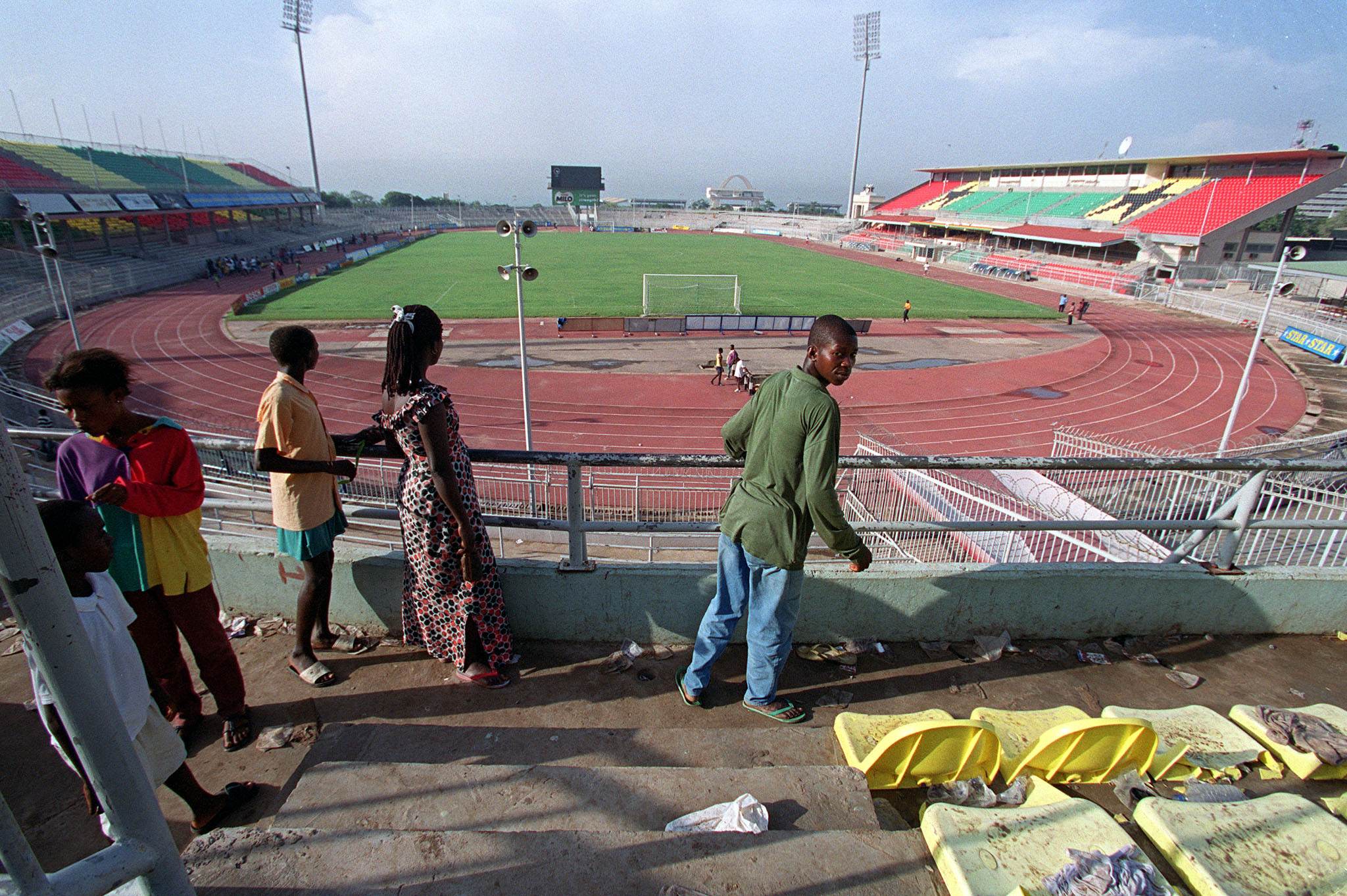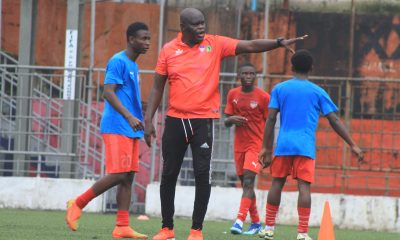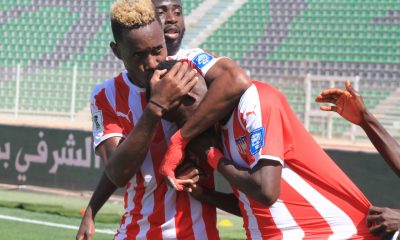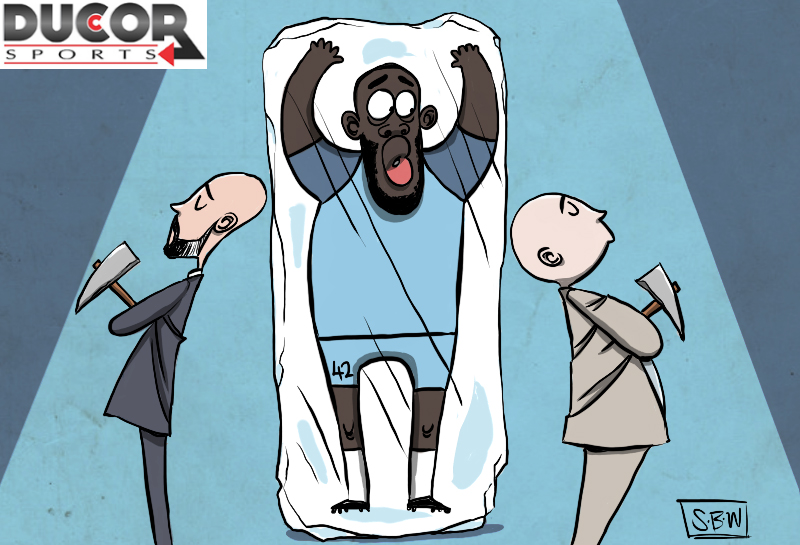Rivalry in football is one of the essential aspects of the game and the feel of witnessing a rival club is always great.
Football across Africa offers the most exciting moment when rivals club face off, being it same suburb rivals or inter-city rivals.
The Accra Derby is one of the biggest rivalries not just in West Africa, but the entire continent. Hearts of Oak and Asante Kotoko, two clubs from Ghana’s capital, Accra battle each other every year before sold out raucous crowds at some of Ghana’s largest stadiums.
However, sometimes that fierce passion both fan bases exhibit for their teams in the largest rivalry on the continent has turned into tragedy.
Tragedy had struck this rivalry once before but no one had ever believed that a big stampede would ever in the history of Ghanaian football and the derby as a whole. Unfortunately, tragedy would strike and shock the whole continent.
Accra Sports Stadium is one of the most famous stadiums in the whole of Africa. It served for many years as Ghana’s national stadium for the most loved sport in the country, football. Some of the greatest moments in Ghana’s football history occurred there. On May 9, 2001, it was the site of the greatest tragedy in Ghana’s sports history.
The stadium was packed for another clash of domestic giants. Despite leading Asante Kotoko leading1-0, the away side lost 1-2 in late minutes of the game, resulting in brawls inside the stands.
Pacey wide man Lawrence Adjei had given the Porcupine Warriors the lead on 60th minute.However, the Phobians strucked twice late on in the game, thanks to Ismael Addo’s double to win the tie 2-1 but that didn’t go down well with the away supporters.
Witnesses stated that Kotoko fans started began destroying the plastic seats and throwing them on the run truck of the 40,000 seater stadium.
Police responded by firing tear gas into the crowd and some fans retaliated with bottles. And as the dark cloud of teargas spread on the terraces, panic ensured as fans ran to scramble for exits. Most of the gates were locked shut compounding the problem and leading to fans being suffocated and crushed to death.
127 fans died on that day while 50 were injured and it was reported the medics had already left andthe number of gates were tightly closed to prevent fans from exiting. The tragedy prompted an inquiry into what happened, and poor crowd control coupled with security firing teargas canisters to thousands of fans led to the stampede.
Trouble had been anticipated ahead of the game, and the authorities had taken extra security measures to prevent the disaster. Police were blamed for excessive use of force. Survivors’ accounts at the commission sittings revealed that they begged the police not to fire tear gas into the crowd but their pleas went unheeded. Charges against six police officers were placed on 127 counts of manslaughter for their complicity in the disaster.
However, three years later the officers were discharged after a seven-member jury returned a verdict of not guilty. John Asare Naami, Edward Faakyi Kumi, Francis Ayittey Aryee, Frank Awu, Benjamin B. Bakomora, all Assistant Superintendents of Police and Chief Superintendent of Police Koranteng Mintah were released after the prosecution failed to prove its case.
A monument was later constructed at the main entrance of the Accra sports stadium in memory of those who perished during the disaster.
Years later, the Accra Derby is still the biggest rivalry in Africa, but the dark day that was May 9, 2001 will forever be remembered between the two fan bases and all of Ghana. And while there have been a couple incidents since then of overcrowding, both teams have been trying hard to make sure that the Accra Derby is remembered for the moments on the field and not for the tragedy that occurred off of it.

















